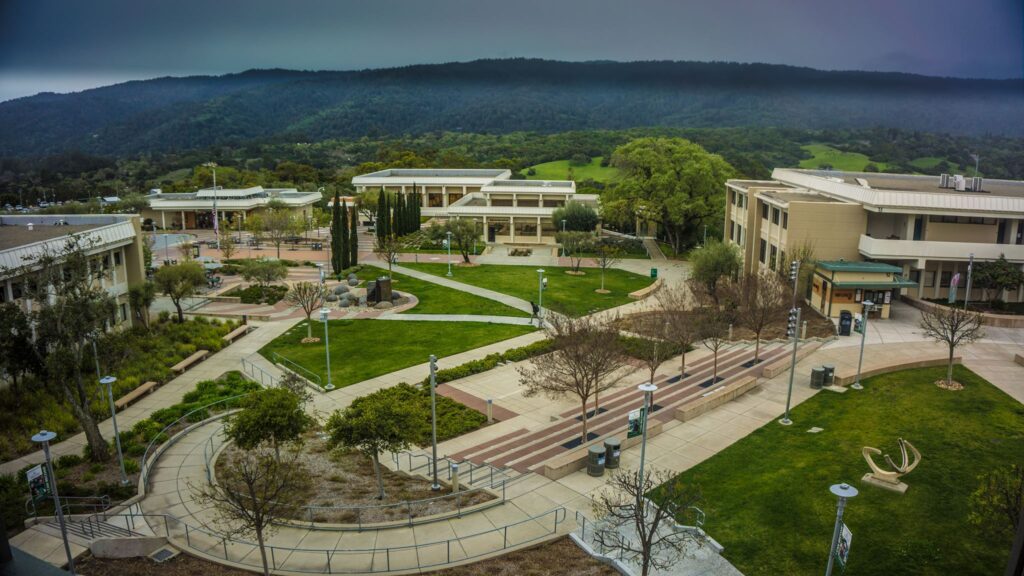
By Hans Leguízamo / Peninsula 360 Press
Redwood City. California's Proposition 15 to be voted on Nov. 3 and proposes to differentiate taxes on commercial and industrial properties from residential properties. Currently, all properties called "real property" (land and buildings added to it) pay the same taxes regardless of their productive role. (land and buildings added to it) pay the same taxes regardless of their productive role. This tax is 1% of the value of the property at the time of the last change of ownership, after which an annual adjustment for inflation is made up to a maximum of 2%. In other words, the taxes payable on a property are based on the value at which it was last sold and this will not change until it is sold again.
Under Proposition 15, properties with commercial and industrial uses (except those designated as commercial agriculture zones) would pay taxes based on their current market value. This means that the more the value of the property increases, the more the property taxes would increase, and this would be verified every three years, rather than every time the property changes ownership.
If approved, this proposal would take effect in tax year 2022-2023 and must be implemented in phases. Properties that have up to 50% of their square footage designated as small businesses will not be reassessed until tax year 2025-2026.
The exceptions to properties in this proposal are:
- Residential Properties
- Commercial Agriculture Properties
- Small businesses of individuals whose aggregate holdings do not exceed $3 million.
- Personal property for business.
It is estimated that if successfully implemented, Proposition 15 would raise between $8 billion and $12 billion annually. This money would be distributed to specific areas, first (a) to the state supplemental for the decrease in personal and business income tax revenue due to the increase in the tax deduction and (b) to counties to cover the cost of implementing this measure. Then, 60% of the excess funds would be distributed to local governments and special districts, and 40% would be distributed to schools and community colleges.
For supporters of this proposal, changing the way business taxes are levied means enforcing fairer revenue collection, where the corporations that benefit most from consumption in our communities cooperate in important ways, trying to protect local businesses. For many others, the taxes could jeopardize California businesses that are about to make the leap to a larger market.
We extend an invitation to all of our readers to participate in the November 3 vote on whether Proposition 15 will change the way Californians pay taxes for owning businesses.


